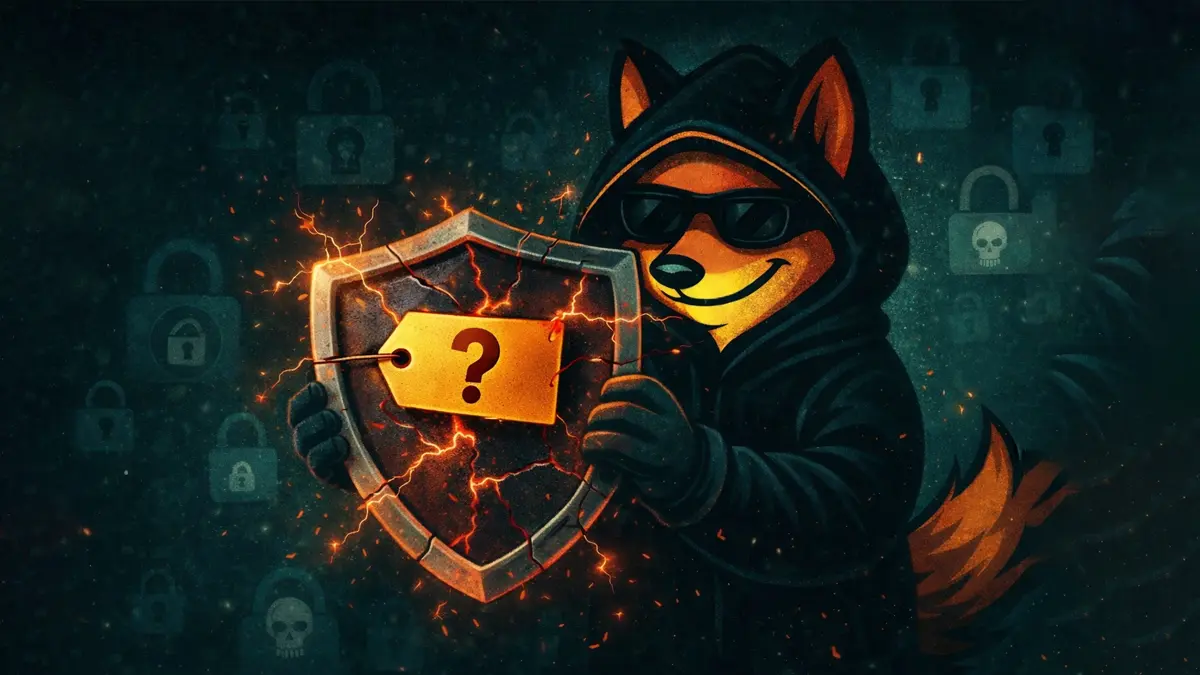Are Cheap VPNs Safe?
2026 Security Audit
Tech Brief: Not all "cheap" VPNs are created equal. In the cybersecurity world, we differentiate between "affordable premium" services and "dangerous free" apps. Running a global server network costs millions of dollars a year. If a service is free, they aren't selling a product—they are likely selling you. Here is my breakdown of which budget options are secure and which ones will sell your browsing history.
The Verdict: It Depends on "Cheap"
Defining the Safety Gap
The answer to "Are cheap VPNs safe?" depends entirely on how you define cheap. There is a massive security gap between a discounted plan from a reputable provider and a random free app found on mobile app stores.

Safe Cheap VPNs: Providers like Surfshark or NordVPN often cost less than £2.50/$3.00 per month on long-term deals. They are safe because their revenue comes from millions of subscribers, allowing them to fund independent audits and secure infrastructure.
Dangerous Cheap VPNs: Apps that are completely free or cost pennies often lack modern encryption standards. Their business model typically relies on harvesting your data and selling it to third-party advertisers or data brokers.
The Economics of Data
Running a VPN requires physical servers, software engineers, and legal teams. If a user isn't paying a subscription fee, the money must come from another source. In 2026, data is the currency.
- Data Aggregation: Dangerous VPNs track which websites you visit and build a profile of your interests, health concerns, and political affiliations.
- Bandwidth Trading: Some free services turn your device into an exit node for other users, consuming your data and potentially implicating you in their activities.
- Malware Injection: Our audits have found free Android VPNs that inject malicious code into the browser to serve pop-up ads or hijack search results.
Risk Analysis Table
This table compares features of a reputable budget provider (like Surfshark) against a typical generic free VPN.
| Criteria | Reputable Budget VPN | Suspicious Free VPN |
|---|---|---|
| Encryption | AES-256 / ChaCha20 | Often Weak or None |
| Revenue Model | Subscription Fees | Selling User Data |
| Protocols | WireGuard / OpenVPN | PPTP (Obsolete) |
| Audit Status | Independently Verified | Unknown / Opaque |
How to Find Safe Cheap VPNs
You do not need to spend a fortune to be secure. You just need to look for specific "Trust Signals" that indicate a provider is legitimate despite the low price.
- RAM-Only Servers: Ensure the provider uses diskless servers that wipe data upon reboot (e.g., NordVPN, Surfshark).
- No-Logs Policy: Look for a policy that has been audited by a Big Four firm like Deloitte or PwC.
- Jurisdiction: Check where the company is based. Panama, BVI, and Switzerland are preferable to countries with strict data retention laws.
If you absolutely cannot pay for a subscription, stick to known "freemium" models. For example, PrivadoVPN offers a solid free tier backed by Swiss privacy laws. Similarly, ZoogVPN provides a limited free plan that acts as a loss leader for their paid service, meaning they don't need to sell your data to survive.
Critical Red Flags
If you see any of these signs, uninstall the application immediately:
- Requires unnecessary permissions: A VPN app should not need access to your contacts, camera, or messages.
- Lacks a Kill Switch: If the connection drops and your data leaks, the VPN is useless.
- Based in China or Russia: These jurisdictions often require VPNs to log user data for the state.
- "Lifetime" Subscriptions: Sustainable security requires ongoing maintenance costs. A one-time fee usually indicates a scam or a business model that will eventually fail or pivot to data selling.
FAQs: Budget VPN Security
Is a cheap VPN better than no VPN?
If it is a reputable cheap VPN (like Surfshark), yes. If it is a sketchy free VPN, no. A bad VPN can actively harm you by injecting malware or selling your data, which is worse than simply browsing without encryption.
Why is Surfshark so cheap?
Surfshark keeps prices low through a volume-based business model. They acquire huge numbers of users with aggressive pricing, which allows them to maintain high-quality infrastructure without raising costs for individual subscribers.
Are lifetime VPNs safe?
Almost never. Running servers costs money every month. A company taking a one-time payment cannot sustain security updates and server costs forever, leading them to eventually shut down or sell user data.
DEBRIEF BY ECH THE TECH FOX
The lesson is simple: If you aren't paying for the product, you are the product. However, you do not need to overpay. Stick to the top-tier budget VPNs like Surfshark or NordVPN on long-term deals, and you get military-grade encryption for the price of a coffee. Avoid the "Free Unlimited VPN" apps at all costs.

WRITTEN BY MARTIN NEEDS
Director @ Needsec LTD | Cybersecurity Expert | 10+ Years Experience
"As a penetration tester, I often see the aftermath of data breaches caused by insecure software. Using an unverified free VPN introduces a 'Man-in-the-Middle' attack by design—you are voluntarily routing your traffic through a stranger's server. My advice is to always verify the revenue model of any security tool you install."
